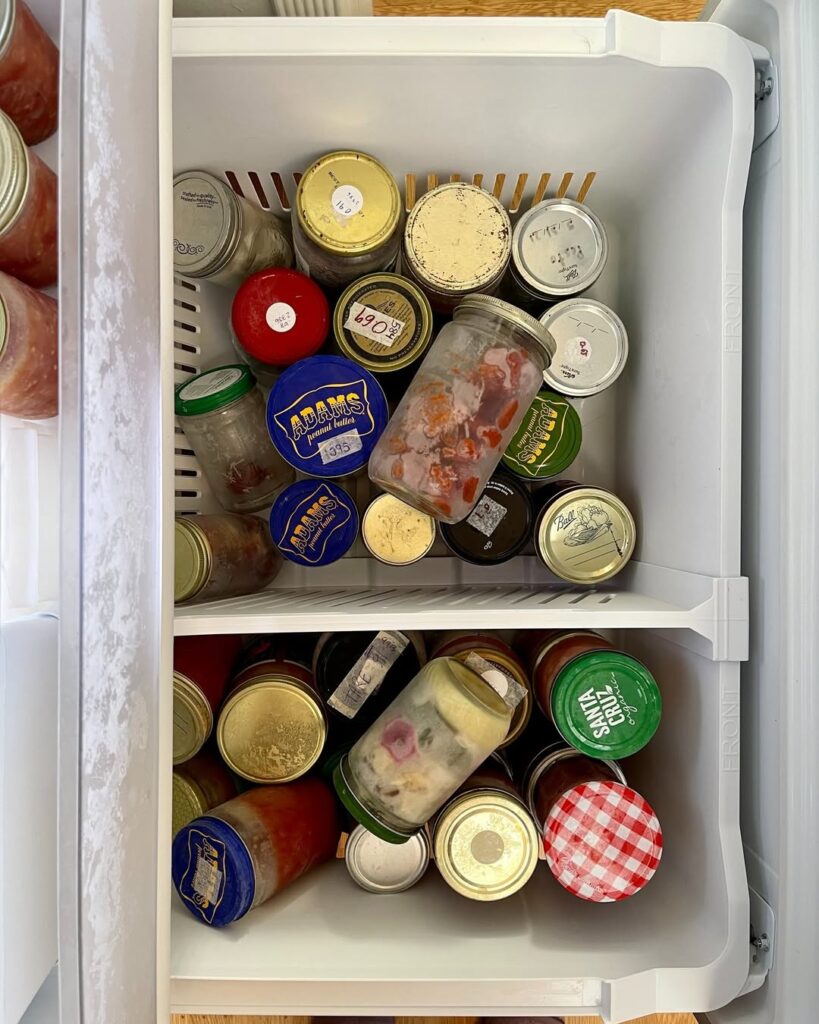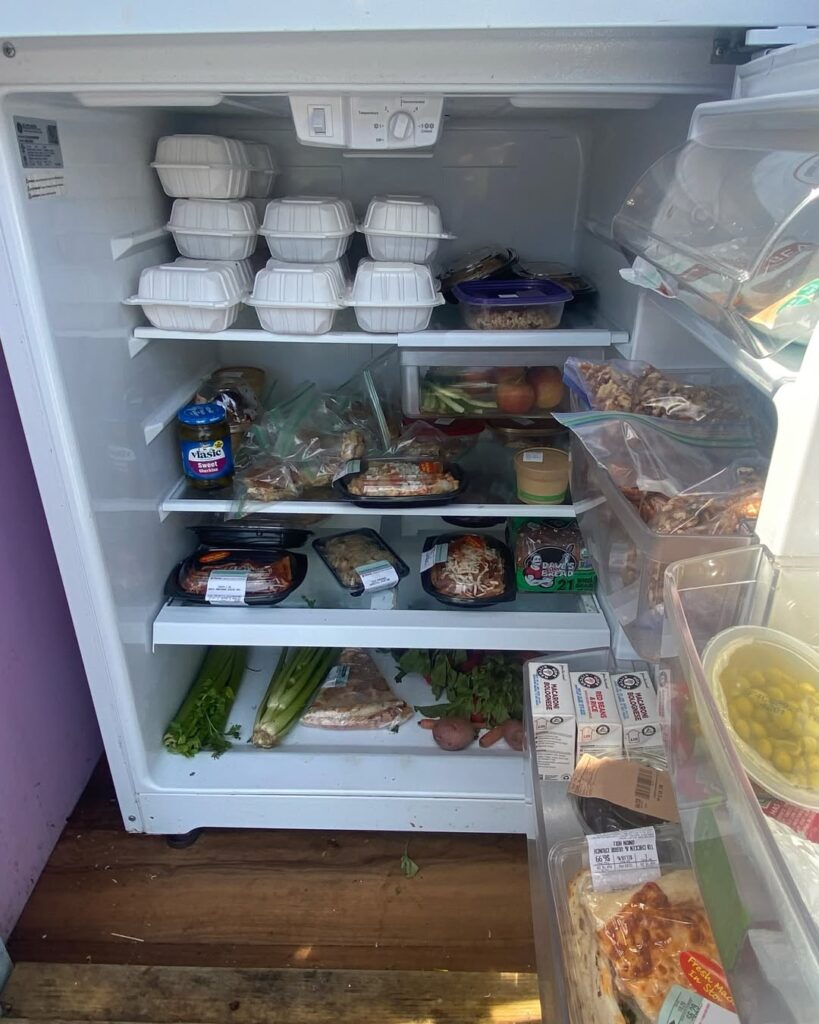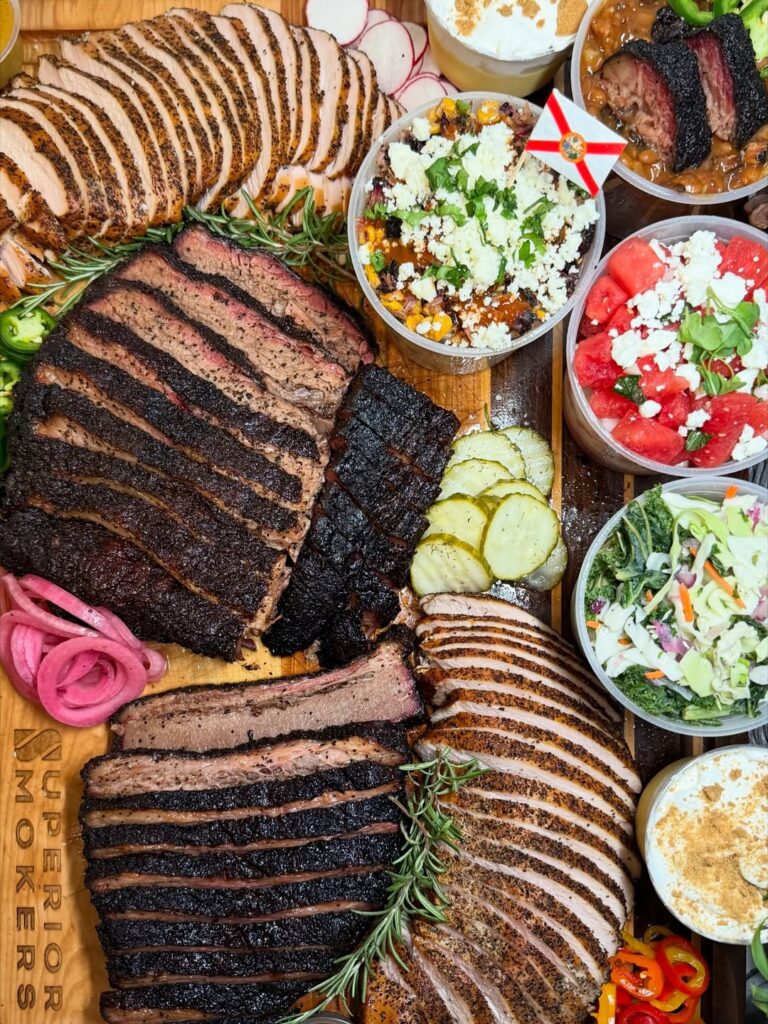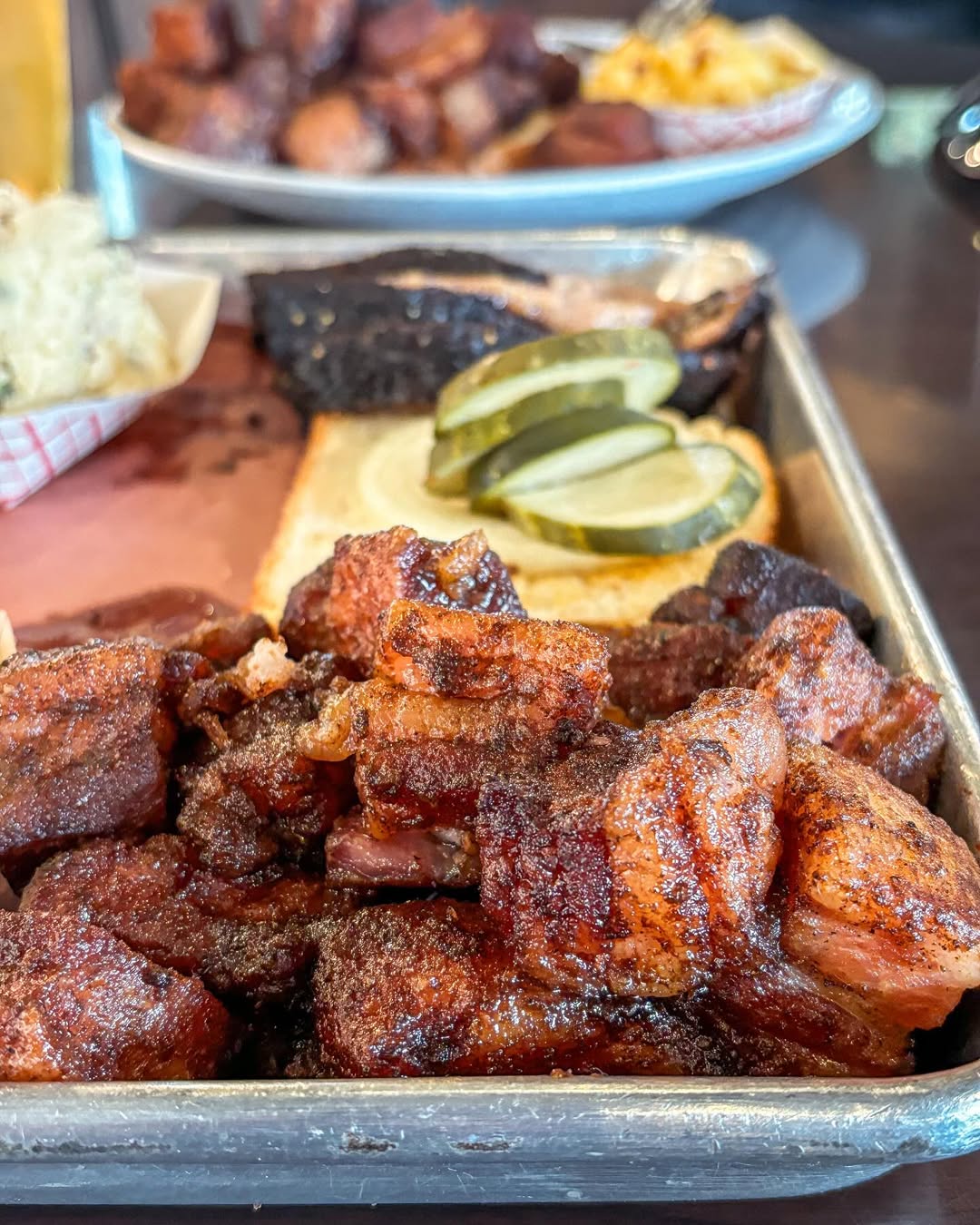You know the scene.
The party’s over, everyone’s full, and you’re standing over a tray of smoky ribs and pulled pork, wondering: “How long does BBQ last in the fridge before it turns into a science project?”
As a pitmaster, I’ve been there – clutching a Ziploc bag of brisket like treasure, convincing myself I’ll “eat it tomorrow.” But tomorrow becomes Thursday, and now that brisket smells like regret.
Let’s break down how long BBQ really lasts in the fridge, why the clock matters, and how to store your leftovers like a pro so they taste almost as good as fresh off the pit.
The Clock Starts Ticking: What “Zero Hour” Really Means
“Zero hour” isn’t a dramatic movie title. It’s the point when your BBQ starts losing its edge – both in flavor and safety.
The second your meat leaves the heat and hits room temperature, bacteria clock in for their shift. The danger zone is between 40°F and 140°F, where bacteria multiply faster than ribs vanish at a family cookout.
You’ve got about two hours (or one hour if it’s hot out) to get your BBQ into the fridge. After that, the texture, taste, and safety start to nosedive.
Even smoked meat – with its salty rubs and antimicrobial smoke compounds – doesn’t get a free pass. Smoking slows spoilage, but it’s not a magic preservative. Once that brisket cools, it’s just meat again.

So, How Long Does BBQ Last in the Fridge?
Let’s get straight to the numbers, because that’s what you came for.
Here’s the general rule of thumb (straight from USDA and food safety experts):
| BBQ Type | Fridge (≤ 40°F) | Freezer (≤ 0°F) |
| Pulled Pork | 3-4 days | 2-3 months |
| Brisket | 3-4 days | 2-3 months |
| Ribs | 3-4 days | 2-3 months |
| Chicken BBQ | 3-4 days | 2-3 months |
| Smoked Sausages | 4-5 days | 2 months |
Key takeaway:
No matter how delicious that rib rack looks, four days is the limit. After that, you’re gambling with your gut – literally.
Think of your fridge like a pause button, not a freezer spell. It slows time, doesn’t stop it.
What Actually Happens When BBQ Spoils
If you’ve ever opened a container of “leftovers” and caught a whiff that made you question your life choices – congratulations, you’ve met food spoilage.
Here’s what’s really going on under the lid:
- Bacteria and mold start breaking down proteins and fats.
- Smell turns from smoky and sweet to sour, funky, or sulfurous.
- Texture changes – meat gets slimy or tacky.
- Color dulls or goes gray-green.
And here’s the kicker: some bacteria don’t change smell or appearance at all. That’s why the “sniff test” isn’t enough. Trust the calendar, not your nose.
Also, BBQ sauces – especially sweet ones – can speed up spoilage. Sugar and moisture are a bacteria buffet.
Storage 101: How to Keep BBQ Fresher, Longer
Good storage isn’t complicated, but it is precise. Here’s how to keep your smoked meat tasting like it’s fresh from the pit.
1. Cool it fast
Let the meat rest just long enough to stop steaming, then get it in the fridge within two hours. Leaving it out longer is like sending an open invite to bacteria.
2. Use shallow, airtight containers
Deep bowls trap heat and keep the center warm for too long. Flat containers cool faster and keep meat evenly chilled. Air is your enemy – it dries out meat and fuels spoilage.
3. Label and date everything
Write down the day you cooked it. Future-you will thank past-you when deciding if that pulled pork is still edible or a biohazard.
4. Store sauce separately
If you’ve got sauced and unsauced BBQ, keep them separate. Sauce can make the meat soggy and accelerate spoilage.
5. Keep it cold
Set your fridge to 40°F (4°C) or below. Above that, you’re in the bacteria playground.
6. Vacuum seal, if you can
Got a vacuum sealer? Use it. Removing oxygen dramatically slows bacterial growth and keeps your BBQ fresh longer.

Freezer Fix: When You Want BBQ to Last for Weeks
If you know you won’t finish your leftovers in a few days, freezing is your best friend.
Here’s the game plan:
- Let the BBQ cool completely before freezing.
- Wrap it tightly in foil or freezer bags.
- Remove as much air as possible to prevent freezer burn.
- Label with the date and type of meat.
Most BBQ holds up beautifully for 2–3 months in the freezer. Beyond that, it’s safe but starts to lose texture and flavor.
Thawing tip:
Always thaw in the fridge – not on the counter. Slow thawing keeps bacteria from waking up too soon.
Warning Signs: When Your BBQ Has Gone Bad
We’ve all done it – opened the fridge, spotted leftover ribs, and thought, “It’s probably fine.”
Stop right there. Before you risk it, run through this quick spoilage checklist:
- Smell: Any sour, rancid, or ammonia-like scent? Toss it.
- Texture: Slimy, sticky, or unusually wet? Toss it.
- Color: Dull gray, greenish, or any fuzzy growth? Definitely toss it.
Pro tip:
If you have to second-guess it, you already know the answer.
And no, reheating won’t make spoiled meat safe. Heat kills bacteria, not the toxins they leave behind.
Reheating BBQ the Right Way
So you’ve stored your BBQ like a pro – now how do you bring it back to life?
Temperature goal:
Always reheat to 165°F (74°C) internally.
Best methods:
- Oven: Wrap ribs or brisket in foil with a splash of broth or water. Heat at 275°F until warmed through.
- Skillet: Great for pulled pork – medium heat, add a bit of sauce or liquid, stir gently.
- Microwave: Works in a pinch, but add moisture and reheat slowly to avoid drying out.
- Grill: For that smoky kick, throw your BBQ back on the grill for 5–10 minutes to crisp the edges.
Reheating isn’t just about safety – it’s about reviving that juicy texture and smoky flavor you worked so hard for.

Common Myths About BBQ Storage (and Why They’re Wrong)
Even seasoned pitmasters hear (and sometimes repeat) a few myths that need to be put to rest.
Myth #1: “Smoked meat lasts forever.”
Nope. Smoking helps preservation, but it doesn’t stop spoilage. Smoke isn’t a time machine.
Myth #2: “If it smells fine, it’s safe.”
Not always. Some harmful bacteria don’t produce odor. You can’t always smell danger.
Myth #3: “Reheating kills everything.”
It kills bacteria, not toxins. If the meat’s been sitting too long, it’s already unsafe.
Myth #4: “Leaving BBQ out overnight is no big deal.”
It is. Anything that sits out more than two hours goes straight to the trash – not tomorrow’s lunch.
Myth #5: “Cold BBQ tastes just as good.”
Only if you like disappointment. Always reheat properly to bring it back to its glory.
Quick Reference: BBQ Storage Chart
Keep this handy next time you’re staring into the fridge wondering what’s safe to eat.
| BBQ Type | Fridge (≤ 40°F) | Freezer (≤ 0°F) |
| Pulled Pork | 3-4 days | 2-3 months |
| Brisket | 3-4 days | 2-3 months |
| Ribs | 3-4 days | 2-3 months |
| Chicken BBQ | 3-4 days | 2-3 months |
| Sausages | 4-5 days | 2 months |
If you’re past those numbers, you’re rolling dice – and your stomach will lose that bet.
Pitmaster’s Advice: Respect the Zero Hour
Here’s the bottom line:
Your fridge buys you time – it doesn’t bend the laws of biology.
BBQ lasts 3–4 days in the fridge. That’s the sweet spot. Beyond that, you risk food poisoning or at least ruined flavor.
Store it right, label it, and reheat it like it deserves. That way, you can enjoy leftovers without fear – or regret.
And if you find a mystery container of ribs at the back of your fridge next week?
Treat it like an ex’s text message: delete immediately.
The Freezing Game is Great for Weekend Meals
Great BBQ takes time, patience, and love – and that shouldn’t end when the meal’s over.
Respect your food. Respect the clock.
Because the truth is simple:
Even the best brisket has an expiration date.
Keep it cold, keep it clean, and when in doubt – throw it out.
That’s how you stay a pitmaster… not a patient.
Featured image credit: @centralcitybbq_

